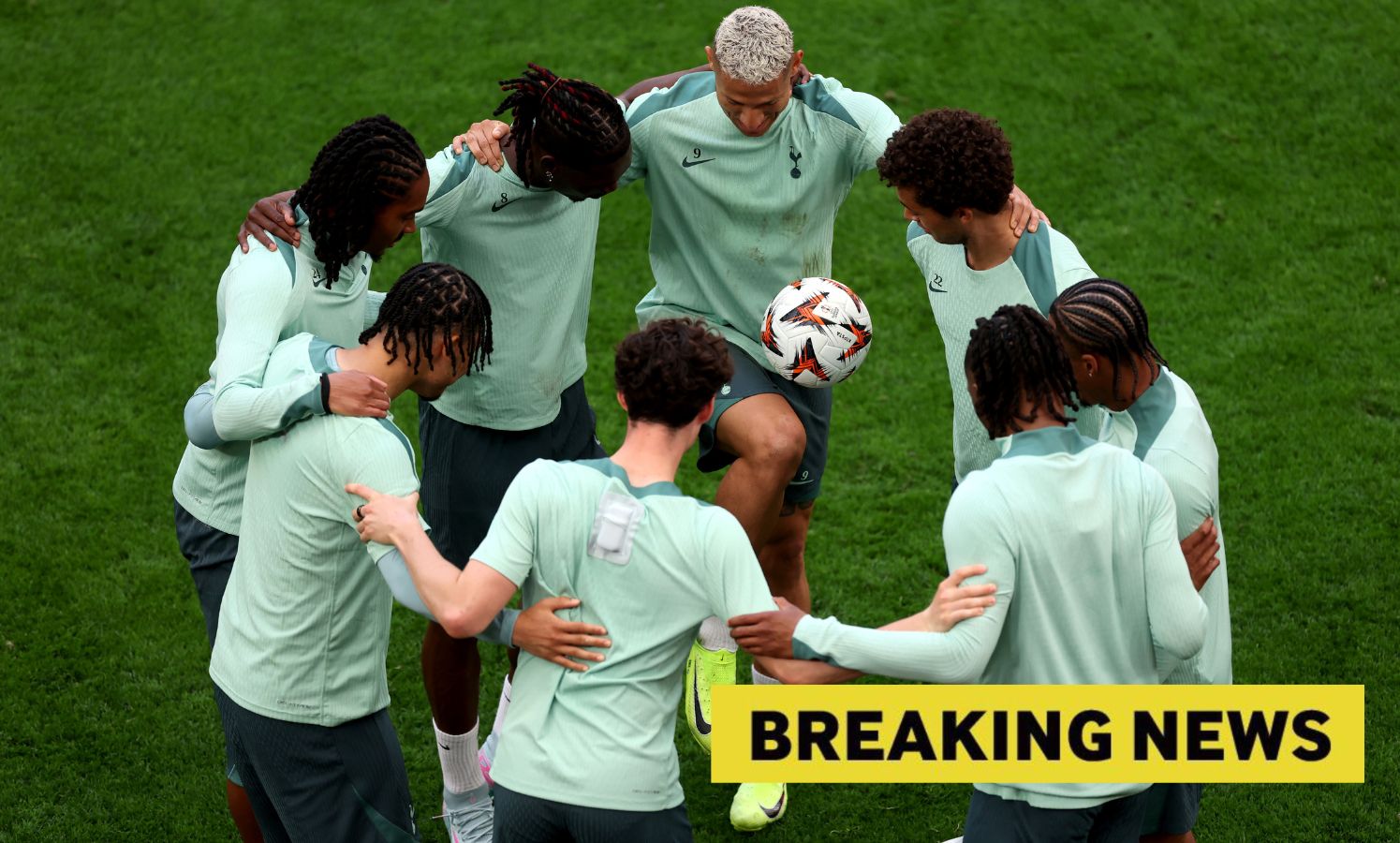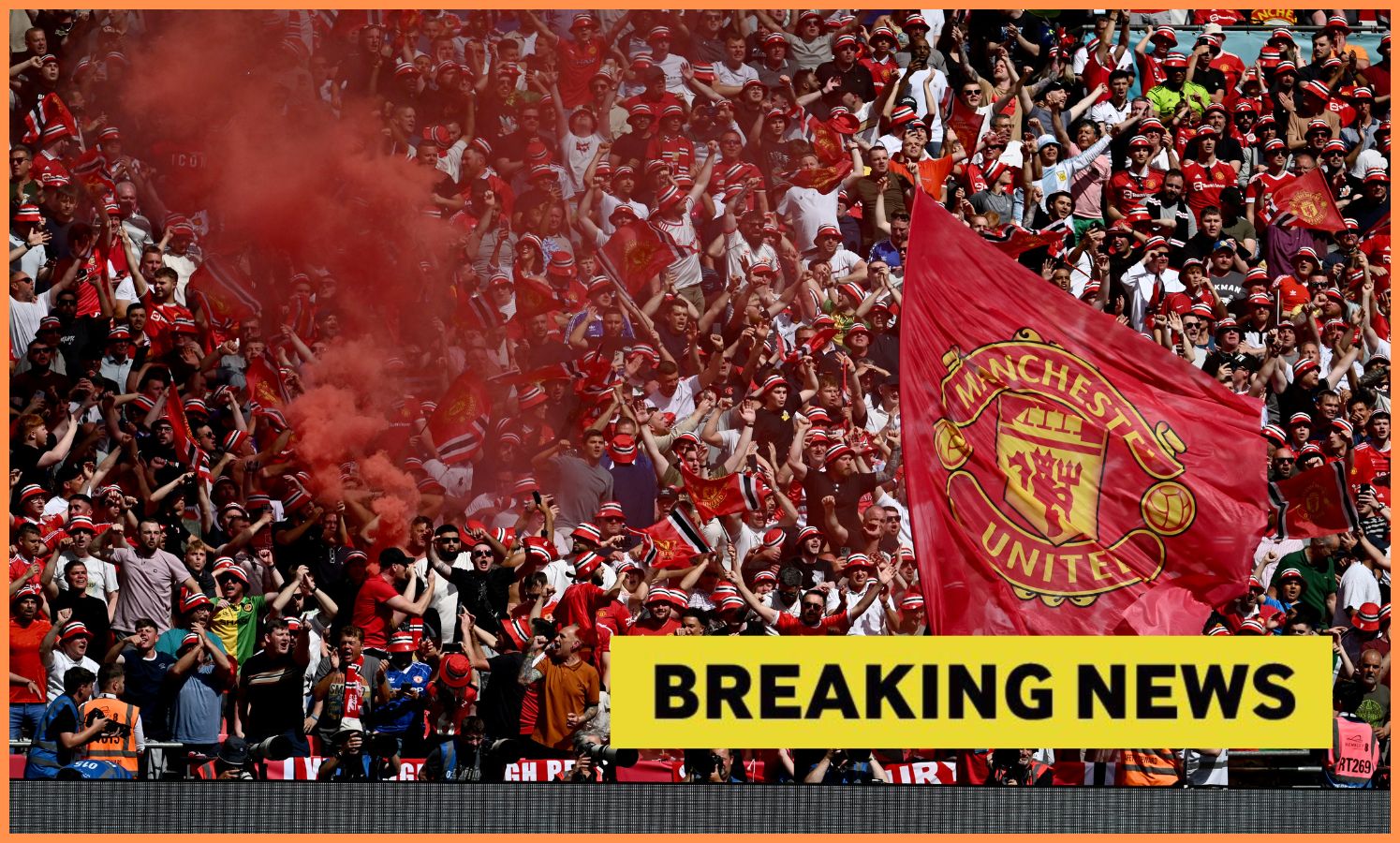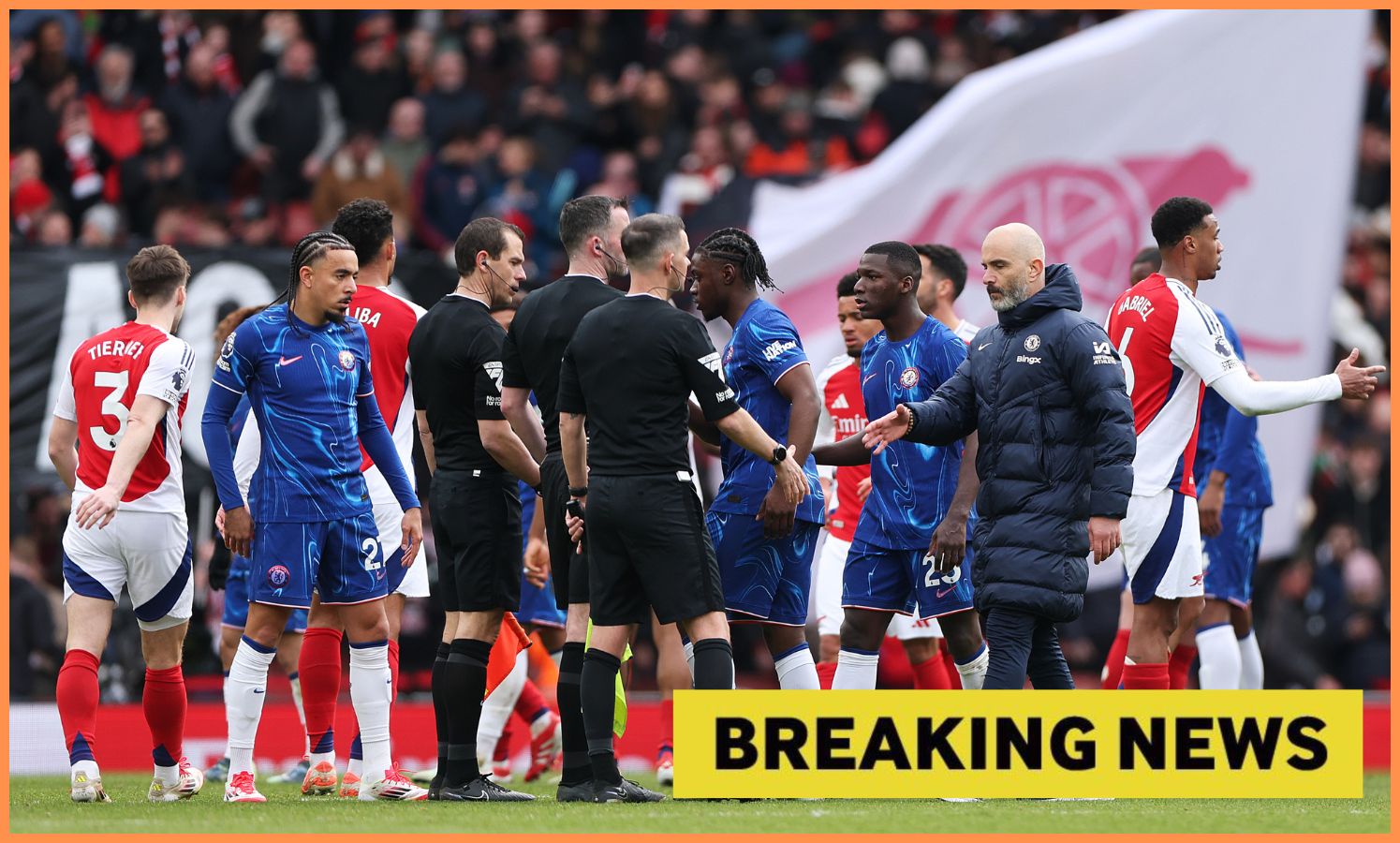The roar of the crowd died in throats as the referee pointed to the penalty spot. Brighton had been awarded a crucial decision against Crystal Palace, a potential game-changer born from a challenge on Georginio Rutter inside the box. But the drama wasn’t over; the silence stretched as VAR intervened, a digital eye scrutinizing the incident with cold precision.
The replay revealed a truth the initial view obscured: Rutter hadn’t been felled. Instead, a subtle, almost imperceptible dip of the shoulder, a calculated fall, had convinced the referee. It was a dive, a clear attempt to deceive, and VAR swiftly overturned the decision, sparking outrage and debate.
Former referee Keith Hackett didn’t mince words. He argued that the current disciplinary measures – a simple yellow card – are woefully inadequate to deter such blatant simulation. Players, he believes, are incentivized to cheat, knowing the potential reward far outweighs the minimal risk.
Hackett’s call is for a fundamental shift in how these incidents are handled. He urges the Professional Game Match Officials Limited (PGMOL) to implement harsher penalties, sending a clear message that deception will not be tolerated on the pitch. The integrity of the game, he insists, is at stake.
For Crystal Palace, the overturned decision was a lifeline. A wrongly awarded penalty could have swung the match, but VAR’s intervention preserved the balance. Relief washed over the team and their supporters, a collective exhale after a moment of intense anxiety.
Rutter now faces the scrutiny of his peers, the managers, and the fans. He knows his actions were exposed, his attempt at manipulation laid bare for all to see. The hope now is that this serves as a lesson, a deterrent against future acts of simulation, and a step towards a more honest game.






